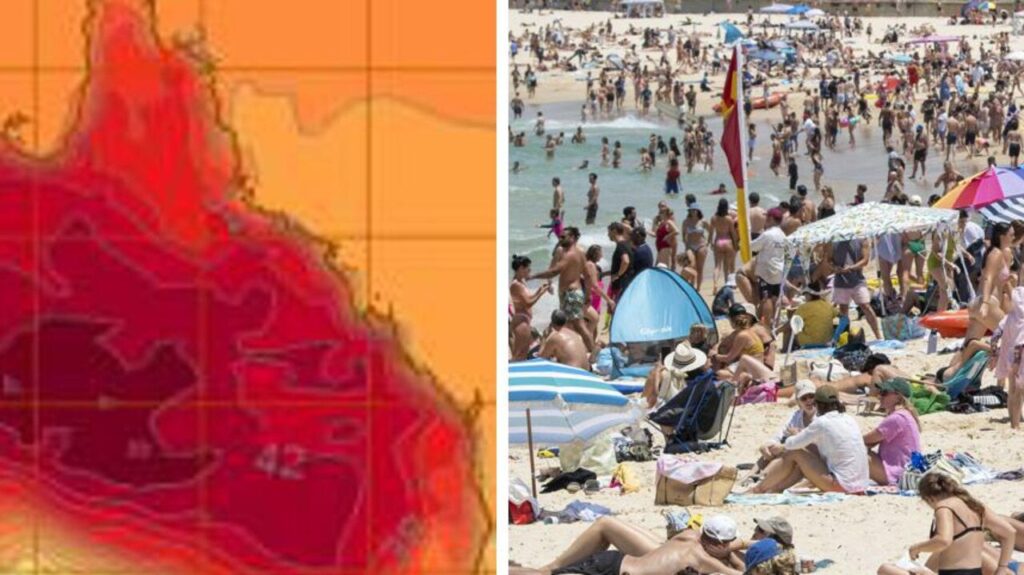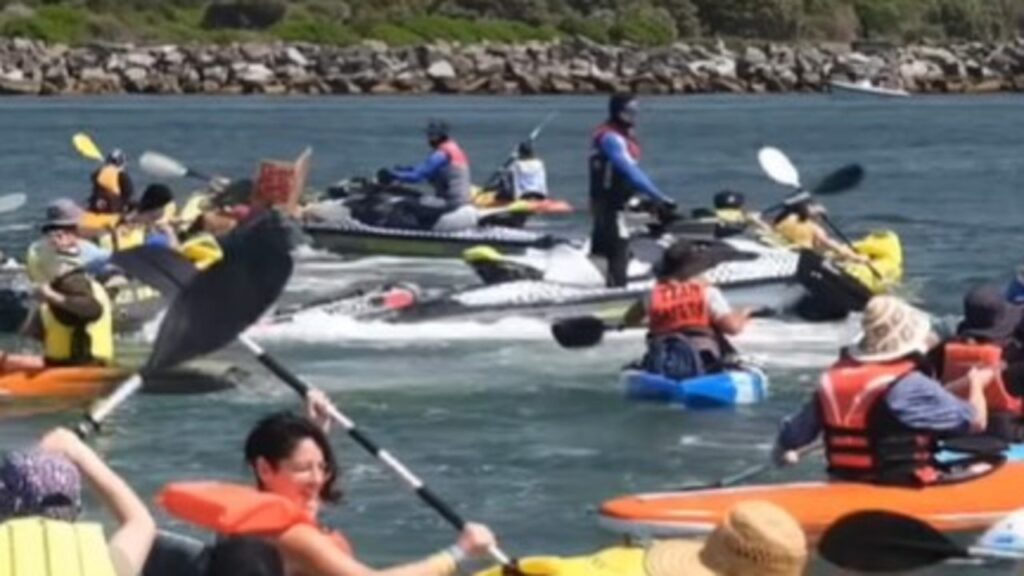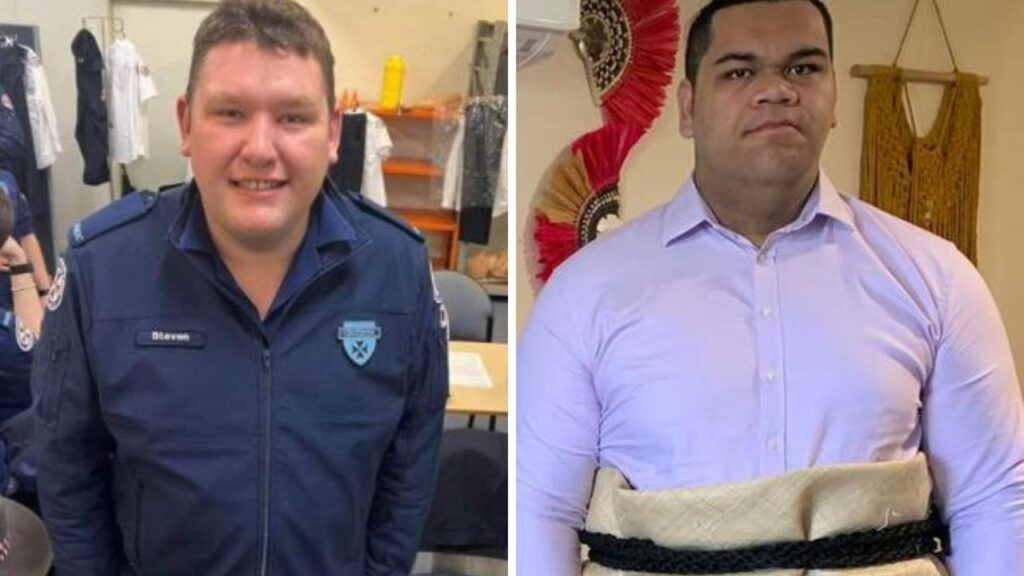Elite schoolboy’s sentence ‘inadequate’: court
Written by admin on August 26, 2024
The former vice-captain of a prestigious private school has confronted the courts once more following his guilty plea and sentence for helping his father cover up the alleged murder of a homeless man, with prosecutors calling his punishment “manifestly inadequate”.
Marco Yandle, 20, was sentenced to 20 months in prison at the South Australian Supreme Court in mid-July but immediately released from custody on a suspended sentence.
Justice Judy Hughes, in delivering her sentence, cited time already served, Yandle’s lack of any prior criminal history and a psychologist’s report that deemed him at “low risk” of reoffending as factors for her decision.
Yandle has admitted to helping his father Keith Yandle escape apprehension or prosecution, or dispose of the proceeds of the offence, following the alleged murder of Steven Murphy on the Yandles’ Kudla property in Adelaide’s outer northern suburbs on February 19, 2023.
On Monday, Director of Public Prosecutions Martin Hinton KC stood before the South Australian Court of Appeal and argued Judge Hughes’ sentence was “manifestly inadequate”.
Mr Hinton said Justice Hughes had failed to properly take into account the issue of Marco’s “knowledge” of the alleged murder and the connection between knowledge and a proper consideration of offending.
“Our primary submission when it comes to ground three is that Her Honour it seems to have failed to take into account, or failed to take into account adequately … the knowledge of the accessory with respect to the offence committed by the principal offender,” he said.
“And that is particularly important because it is that knowledge that is relevant to an assessment of the gravity of the offending.
“It is not simply the act of assistance, but it is knowing what the principal has done, you then assist.”
Marco was initially charged with murder alongside his father, but the police downgraded the charges to assisting an offender and he served 16 months on remand while his case progressed through the court.
Mr Hinton also argued Justice Hughes’ decision not to view CCTV footage of the alleged murder had improperly distorted her sentence.
Mr Hinton referenced Justice Hughes’ remarks in which she stated she had not watched the recording of events in the shed, which purportedly show the killing of Mr Murphy, arguing they were not directly the subject of Marco’s charges.
“But they are, with respect,” Mr Hinton told the appeals judges.
“This is the evidence that proves what the respondent knew at the time that he decided to assist the principal offender, his father.”
The appeals judges interjected and asked what could be gained from viewing the footage as opposed to having the footage described in text.
Mr Hinton replied the CCTV footage was “real evidence” of what had occurred.
“There is no better evidence of what occurred and no better evidence from which a court can infer the state of knowledge of the respondent rather than the interpretation of what you can see on it that a prosecutor provides in a factual summary,” he said.
“It is critical to an assessment of the gravity of the offending.”
Mr Hinton also argued a person who knew of an offence was more morally culpable of someone who only believed an offence had been committed.
Both Mr Hinton and Marco’s defence team said Justice Hughes had committed a procedural error in her sentence, relating to her understanding of suspended sentences, but Marco’s defence argued the sentence itself was sound.
Scott Henchliffe KC, speaking for Marco, said it would be “unfairly vexatious” for Marco to face resentencing because of a trial judge’s error.
He also spoke against Mr Hinton’s argument that Justice Hughes should have watched the CCTV footage to gain a proper understanding of the offending.
“Section 12B of the sentencing act provides that for the purposes of determining sentence, the court may inform itself on matters relevant to the determination as it thinks fit,” he said.
“I don’t see any reason why judicial officers have to review those things that are already described to them in sufficient detail that they understand the gravity.”
He also argued there was no essential difference in moral culpability between “knowing” and “believing” in relation to offences committed by others.
Mr Henchliffe also argued that Marco’s promising personal circumstances had correctly “informed the sentence”, arguing Marco was “near the top” in terms of mitigating factors.
“This was an unexpected horrific episode for Mr Yandle,” he said, adding that Marco had been “involuntarily dragged into it”.
Marco signed a two-year good behaviour bond in July and he is being supervised by Department of Corrections officers.
The young man sat quietly in the Court of Appeal on Monday, supported by friends and family.
Speaking at an earlier court appearance on July 5, Marco apologised directly to the Murphy family for his actions.
“The decision I made was shameful, reckless and weak,” he said.
“I chose my father over the law, and I completely understand I must face the consequences of that choice.
“Even if I am never forgiven, I will forever extend my apologies to the family of the deceased Mr Murphy.”
The maximum punishment for the offence is 10 years in prison.
Marco was the vice-captain of Trinity College, a private co-ed school in Gawler that charges up to $7060 a year for senior school students.
The appeal judges have reserved their decision.
Keith Yandle has pleaded not guilty to murder after initially seeking to plead guilty to the lesser charge of manslaughter. He is due to stand trial in February 2025.







